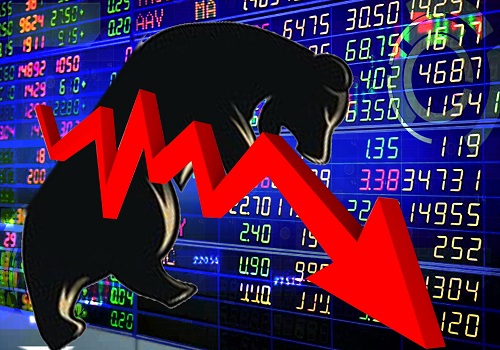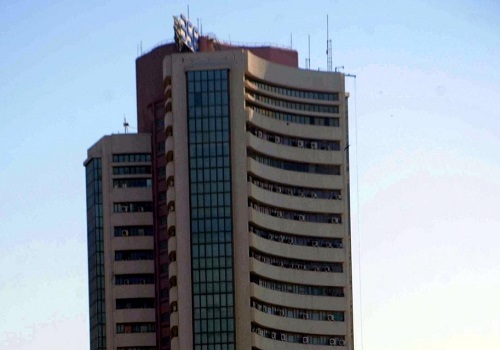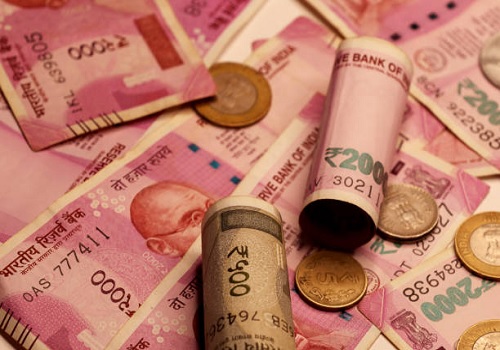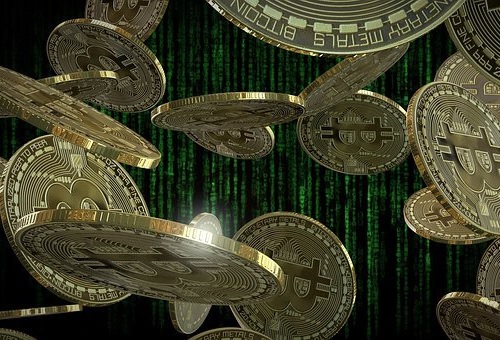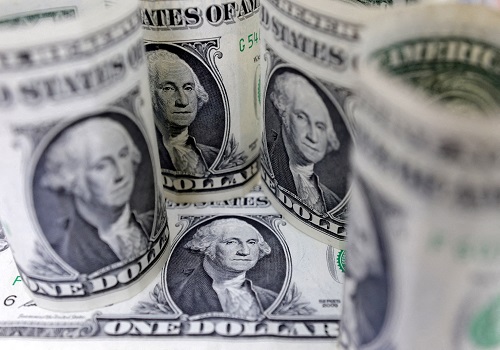Rupee drops as COVID woes keep Chinese yuan pinned

Follow us Now on Telegram ! Get daily 10 - 12 important updates on Business, Finance and Investment. Join our Telegram Channel
The Indian rupee declined against a steady U.S. dollar on Monday, tracking the Chinese yuan's plunge on stringent COVID curbs in the country.
The rupee eased to 81.8850 per dollar by 0441 GMT, as against its previous close of 81.6850.
The onshore yuan slipped 0.6%, prompting a 0.2% to 1% decline in Asian currencies, while the rupee held up relatively better than its peers.
Regional stocks were also lower as Chinese equities and Hong Kong shares dropped 0.8% and 2%, respectively.
Authorities in several Beijing districts urged residents to stay home, while a key business centre in the southern part of the country was locked down as COVID cases flared up, igniting fears of stricter curbs and their impact on the economy.
The yuan and global cues will determine the rupee's direction, but losses could be capped due to declining oil prices and a jump in India's foreign exchange reserves, said traders.
Brent crude was at $86.7 per barrel, down nearly 13% from its peak this month, while India's foreign exchange reserves rose $14.73 billion in the week through Nov. 11 in their biggest jump since August 2021.
"81.90 is a crucial resistance for USD/INR, the break of which could trigger stops," analysts at IFA Global Research wrote in a note.
Meanwhile, the dollar index rose 0.2% on safe-haven demand and as Susan Collins, president of Federal Reserve Bank of Boston, said on Friday another 75-basis point rate hike may be needed as inflation remains stubborn.
The dollar and U.S. yields have stabilised over the past week as Fed officials made hawkish remarks. Markets mostly expect a smaller 50 bps increase at the policy meeting next month.
Investors now await the minutes of the Fed's November meeting due mid-week that could shed light on how high officials ultimately expect to raise interest rates.




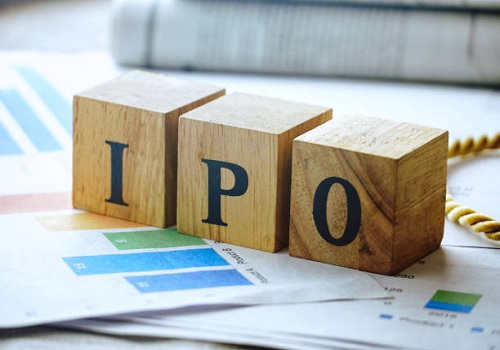



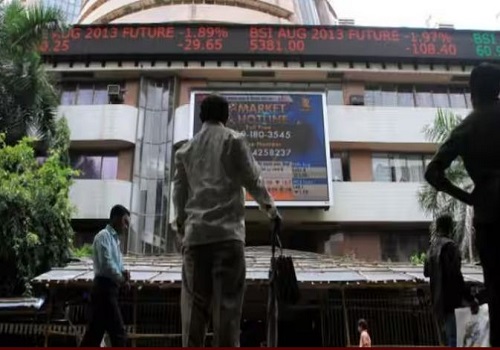



 320-x-100_uti_gold.jpg" alt="Advertisement">
320-x-100_uti_gold.jpg" alt="Advertisement">


